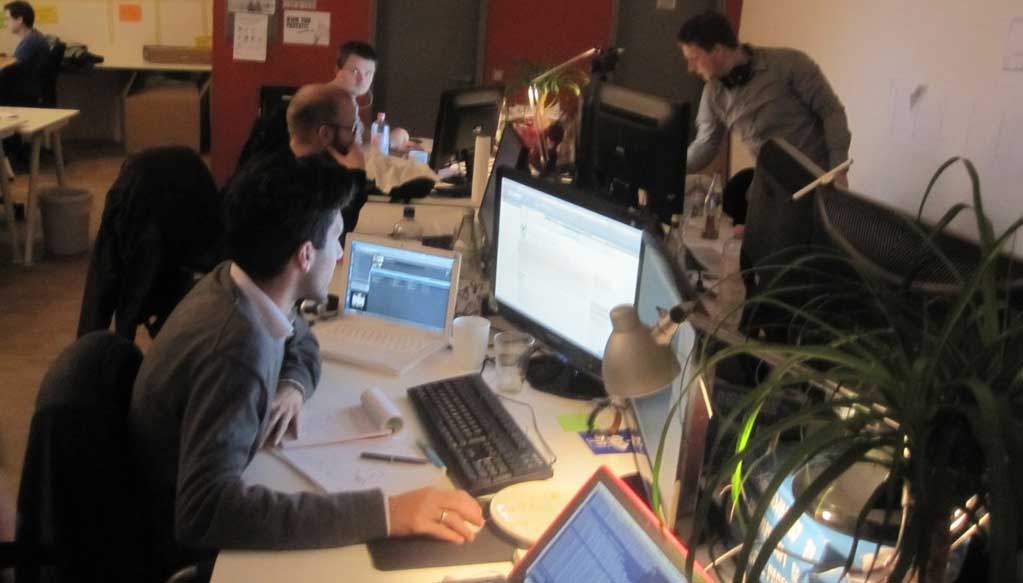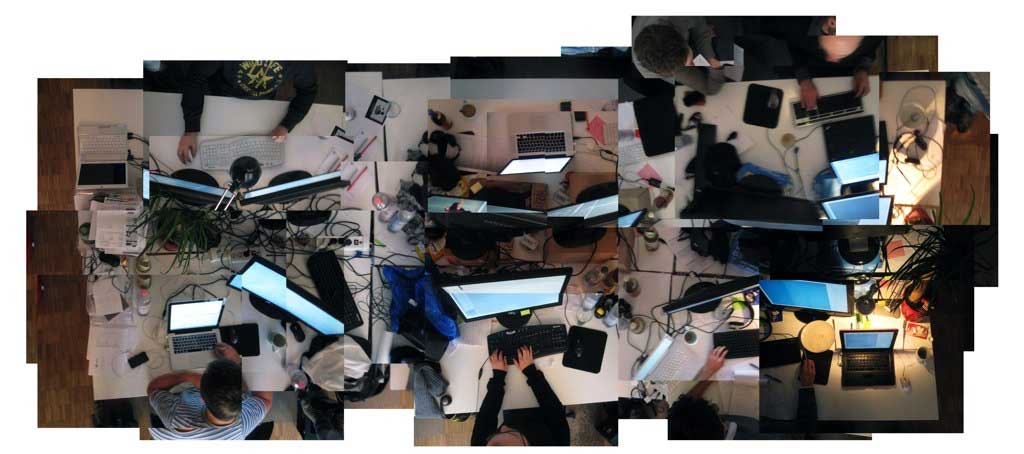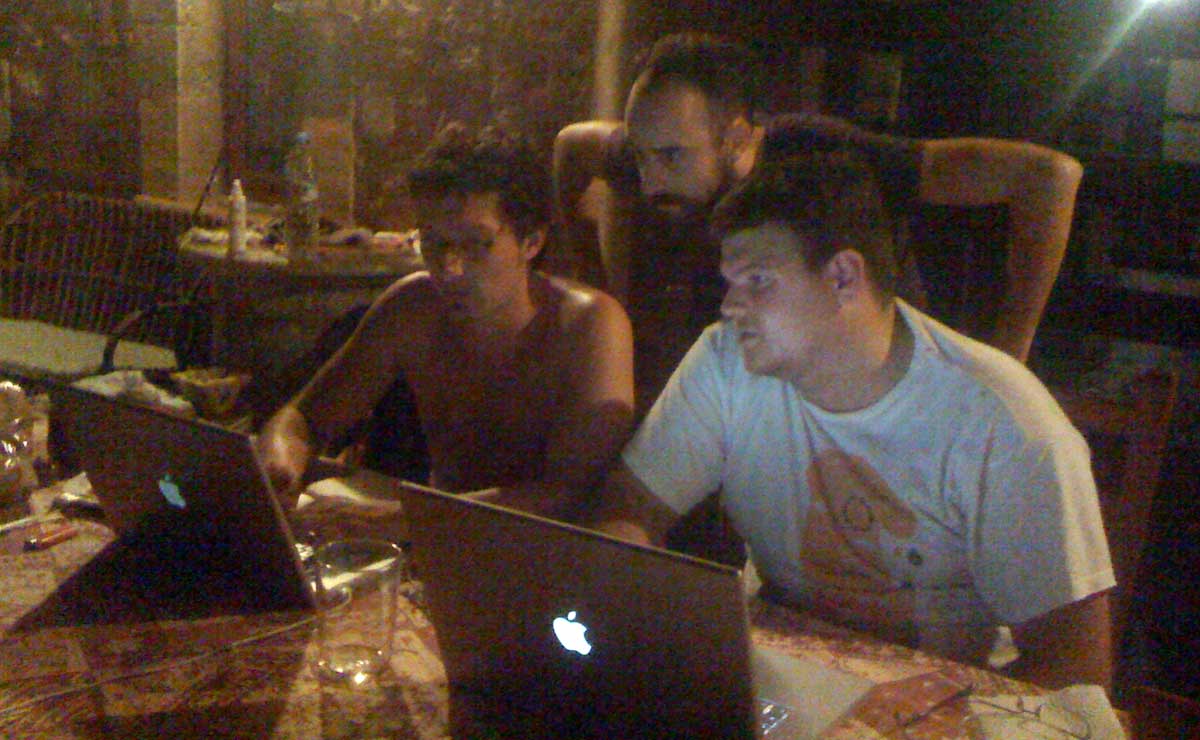I don’t like end customers
This is not a flash thinking. I have not just waked up angry with something and I just have taken this decision. It has been something cooking very slow.
I remember three years ago talking with one of my respected colleagues about our freelance way of life. I was defending the experience of working with end customer, taking the project from the beginning when it is only an abstract idea, extracting to the customer all the info the project needs, to become one abstract idea in reality, teaching your contracting how to build an internet project is and what it needs.
He was in the other side: he preferred to not deal with all of this.
He had just more experience than me. The time has placed me in the same opinion.
Now I’m starting to generalize so please don’t take offense of my words at least you feel recognized on them.
The history is common and it starts like this: A new email contact achieves to my inbox, someone was looking for a freelance web developer and arrived to this web site and decided to contact me. This history has never had a happy end. Just a waste of time on my side.
These are the mistakes this customer is gonna make:
- He doesn’t believe there is a relation between quality and price. He thinks all professionals are the same, they just have to find the cheapest one.
- He is not calculating property the amount of resources that an internet entrepreneurship needs to wake up. He thinks that finding a programmer is enough, no idea about user experience, information architecture, graphics and design, marketing, market studies, usability, SEO, maintenance, servers, customer attention, business model, investors, legal implications, …
- He overrates his idea. He thinks he has a million dollar idea, but he even hasn’t studied the other players, the competitors. He thinks his idea is the most important part of the project when the reality is that it is worthless without a good development in every sense of the word. He thinks he has the idea very good defined but it is just an abstraction with not definition or analysis at all.
- He wants it all. Every stupid functionality is indispensable. Not possibility to discern between necessary and desirable. Not possibility to define a first iteration with a basic functionality. Negation of the nature of an internet project: it will ask what it needs, you just don’t know yet.
- He is not gonna take any responsibility. He thinks his only function in this adventure is to push with the budgets and the timings. He doesn’t accept he has to work, he has to offer answers, solutions, cover no technical tasks, … and do it fast. I need him to be a companion, a partner.
- He is not gonna take any risk. Really? you are starting up a supposedly great business and you have reserved 1.500 euros to do it real?. This is less than the vegetable store on the corner pays for rent. This is very related with the previous point: one of the biggest responsibilities he is gonna avoid is the obtaining of money. He says he has not to much money and I should understand this issue. What he is telling me is that he just failed in one of his most important responsibilities: the money supply.
- He doesn’t sell it self. He just writes an email with petitions (usually a budget). He just says he has a great idea and he is expecting me to convince him that I’m the right professional he needs. He doesn’t say anything about him, about his experience in internet entrepreneurship, why should I accept to work with him?, which are his references?.
- He doesn’t understand his own business model. I know better than him which the possibilities are, even which of them are possible better for his business proposition. I feel scared with his ideas. This is one of the most frustrating situations. He has lost his leadership. He is not an inspiration for me.
- He asks me for my programming skills and what he is really asking me is to be his CEO. He wants me to build the team, to manage it, to resolve any issue, to be a technical and business consulter. And if for any reason the project doesn’t success like it was supposed to, he will want me to be the responsible.
- He wants a fixed budget, even if the idea is properly defined and documented (what is unlikely) is literally impossible to know which are gonna be the final needs of the project, or the issues we are gonna find, or the specification modifications we will should face up.
I think I have realized that the desirable end customer, the one that knows the domain, who knows the value (and the price) of the quality, who respects me as a professional, who takes risks to stand up his idea, who has the experience to offer justified and well analyzed ideas, who understands his responsibilities, the one that is a really leader and an inspiration, who really believe on his project, he is not calling you in his own name, will be the start-up he has just created to wrap the project who will call you.
This is why my really preferred end customer, which officially are not really end customer, are the Start-Ups.





